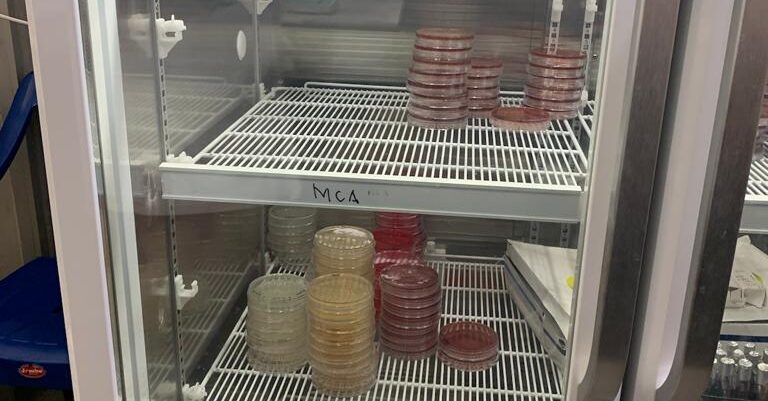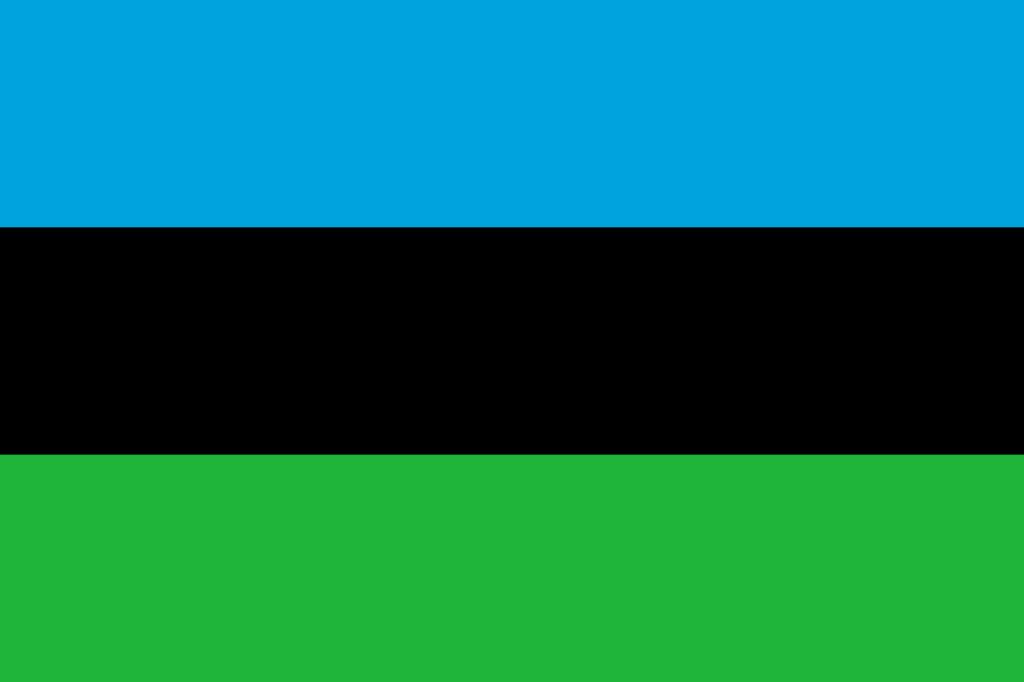Zanzibar Antibiotic Treatment Of Childhood Infections To Improve Health Outcomes (ZAN-TOTO)
Context
Zanzibar is a part of the United Republic of Tanzania and the Zanzibar Action Plan on Antimicrobial Resistance (ZAP-AMR) was developed in 2019, but there is currently no national AMS policy and guidelines. The overall magnitude of AMR in Zanzibar is largely unknown due to limitations in surveillance and research, but infectious diseases are common, and studies have shown that inappropriate use of antimicrobials is common. The Zanzibar AMR situational analysis 2020, showed high levels of antimicrobial resistance to commonly used antimicrobials in both human and animal health. Multidrug resistance patterns were observed for most isolates, with resistance to tetracycline, ampicillin and the third-generation cephalosporin being 100%, 98% and 78%, respectively. Most healthcare workers, particularly nurses and pharmacists, record injectable drugs on drug sheets but do not keep track of oral drugs given to children in wards. In addition, noncompliance with Zanzibar Standard Treatment Guidelines and National Essential Medicines List, as well as treatment without supportive laboratory results, leads to irrational use of antimicrobial agents.
Problem
Clinical information from Mnazi Mmoja Hospital (MMH) and Chake Chake Hospital (CCH) in Zanzibar shows a notable AMR burden in neonates and children with febrile illness and diarrhoea. Although nearly 75% of children were prescribed antibiotics, only a quarter of treatments were justified. Empirical use of antibiotics in these two groups of children is very common, and there is an extremely low utilization of laboratory services to guide rational antimicrobial therapies. Lack of rapid point of care diagnostics at the bedside and streamlined communication between the laboratory personnel and other health personnel (clinicians, pharmacists and nurses) makes coordinated response measures against AMR elusive. Improving neonatal survival and health is a global agenda, as approximately 2.4 million children die in the neonatal period every year.
Project overview
The project aims to optimize antibiotic use in admitted neonates and children (0-12 years) with febrile illness and diarrhoea by achieving a 30% reduction of inappropriate antimicrobial use. By introducing antimicrobial stewardship programmes including use of a Point of Care C-Reactive Protein (POC-CRP) test as a decision support tool to guide antimicrobial susceptibility testing (AST) in the lab and measuring compliance with the stewardship interventions in MMH, Vitongoji Hospital and CCH over three years of implementation, the project aims to develop a standard for future roll-out in all secondary and tertiary hospitals in Zanzibar. The age groups included are neonates (0-28 days) at risk of or with clinical signs of sepsis, and children (29 days to 12 years) with febrile illness and diarrhoea. The project interventions are designed to provide an implementation model for evidence-based AMS activities specifically using the Plan-Do-Study-Act (PDSA) Model.
The project is divided into five work packages (WPs):
- A baseline study on the behavioural, clinical, microbiological, policy and economic drivers of antibiotic use, and baseline data of the AMS and AMR burden.
- Develop, implement and evaluate AMS interventions following the PDSA cycle.
- Randomised control trial of the introduction of inflammatory marker C-Reactive Protein Point of Care Test (CRP POCT).
- Develop an economic case for sustaining these initiatives and scaling them up to other tertiary and secondary hospitals in Zanzibar.
- The implementation of all WPs will be streamlined through a work package on national policy, coordination, and sustainability.
Outcomes
- Improved appropriate antibiotic prescription practices amongst healthcare workers for neonates and children with febrile illness and diarrhoea in MMH and CCH.
- Evidence of the effectiveness of CRP POCT in clinical decision making for guiding antibiotic use for admitted neonates with risk of sepsis, or clinical signs of sepsis and children with febrile illness and diarrhoea at MMH and CCH.
- Inform key stakeholders on the cost and mechanisms for rolling out an AMS programme in tertiary and secondary hospitals.
- Increased resources for sustainability and scale up in tertiary and secondary hospitals based on assessment of AMS barriers and enablers.
Facts
Region: Africa
Sector: Humans
Country: Zanzibar (Tanzania)
Type: Project
Country partners: Preventive Services and Health Education, Ministry of Health, Zanzibar; Zanzibar Health Research Institute (ZAHRI); Mnazi Mmoja Hospital (MMH); Public Health Laboratory (PHL); IdC Pemba Health Improvement Project Zanzibar (HIPZ); Zanzibar Livestock Research Institute (ZALIRI); Subject matter experts from CUHAS (Catholic University of Health and Allied Sciences) Bugando, Tanzania & Global Health Unit (GHU), Rigshospitalet, Denmark
Timescale: February 2023 - January 2026
ICARS funding: 635,000 USD
ICARS Science Team


Resources
Share
Share this project on socials


